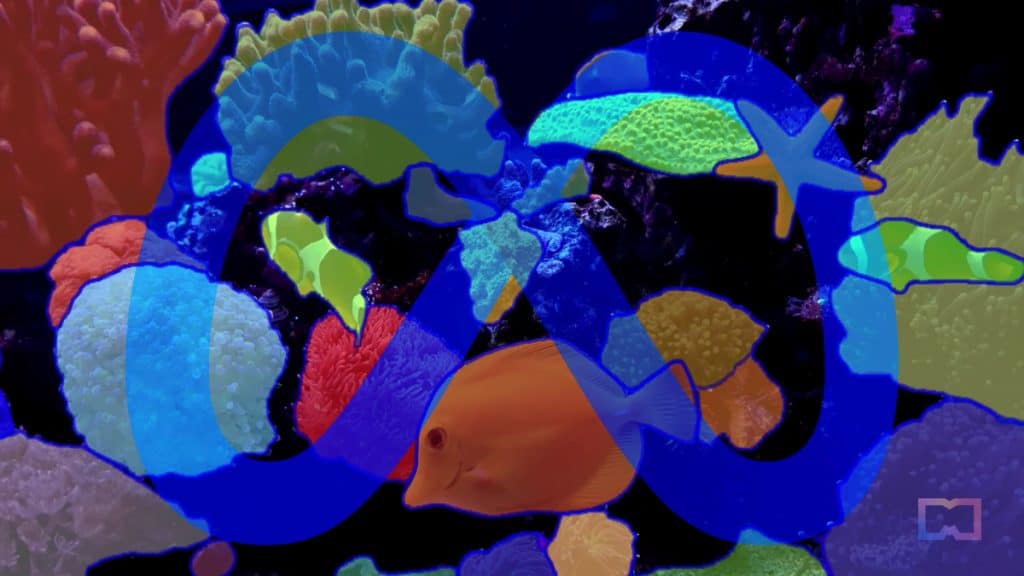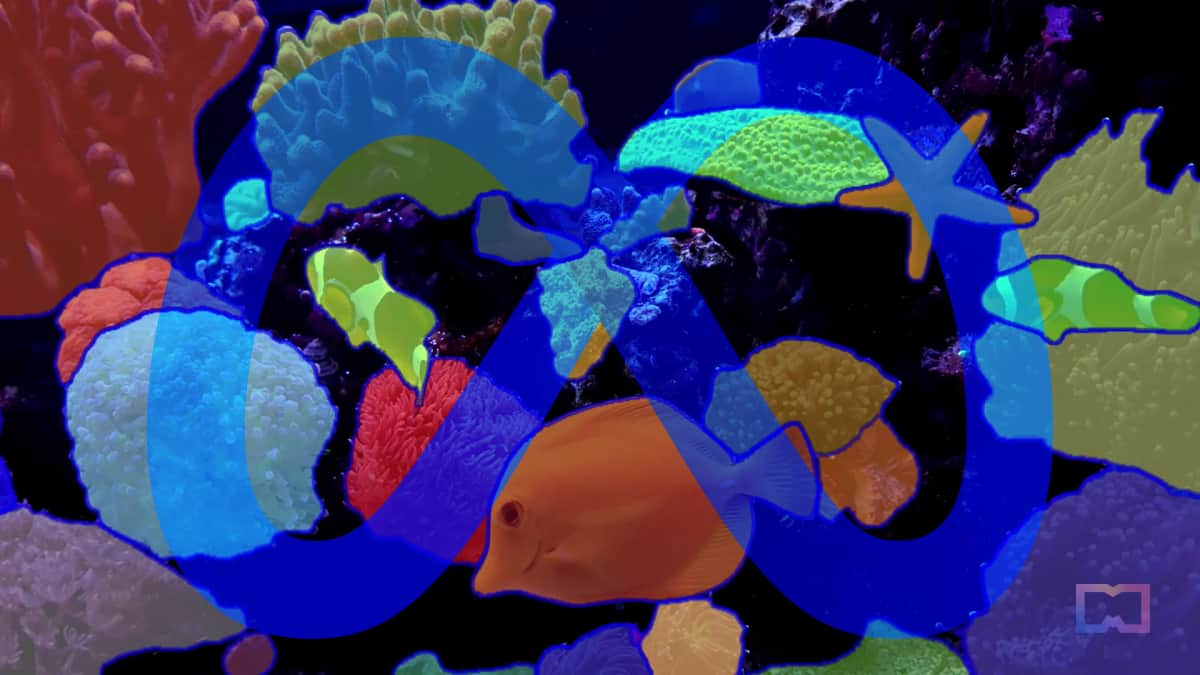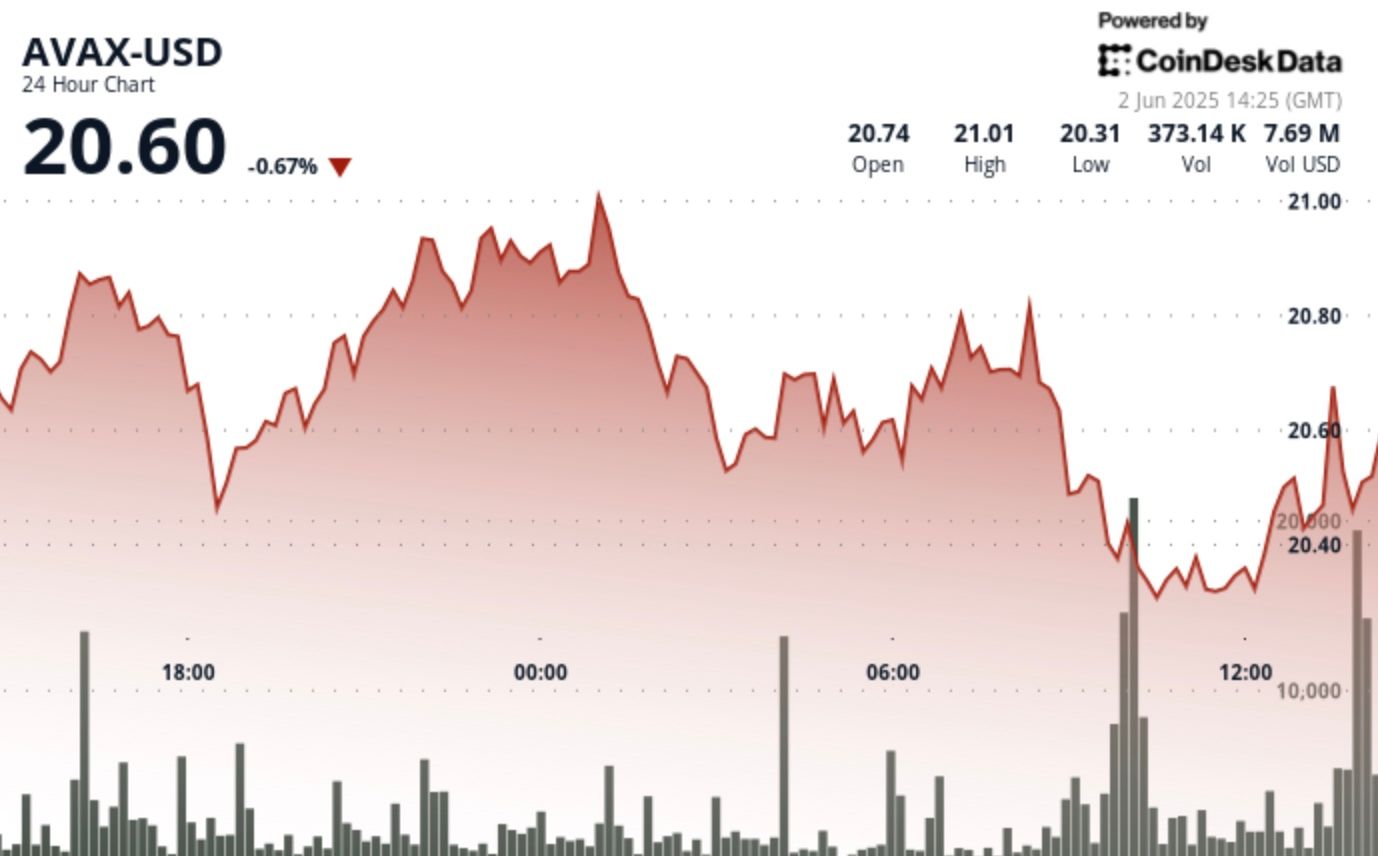
Meta has introduced Segment Anything, its new foundation model for image segmentation. The process of identifying which image pixels belong to an object is a crucial task in computer vision and is used in a variety of applications, from analyzing scientific imagery to editing photos.
In its introductory blog post, the company set the scene by saying that creating accurate segmentation models for specific tasks in computer vision has typically required specialized work by technical experts with access to AI training infrastructure and large volumes of carefully annotated in-domain data.
However, this may soon change with the Segment Anything project as its new dataset and model are expected to make accurate segmentation models more accessible to a wider audience, eliminating the need for specialized technical expertise and infrastructure. To achieve that, the researchers built a promptable model that is trained on diverse data and can adapt to specific tasks, similar to how prompting is used in natural language processing models or chatbots.
To further democratize segmentation, Meta is making the massive SA-1B dataset available for research purposes, and the Segment Anything Model is available under a permissive open license (Apache 2.0). Additionally, the company has developed a demo that allows users to try SAM with their own images.
Meta sees potential use cases for the SAM in the AI, AR/VR and creator domains. SAM has the potential to become a critical element in larger AI systems that aim to achieve a more general multimodal understanding of the world. For instance, it can facilitate comprehension of both visual and textual content on a webpage.
Additionally, in the AR/VR domain, SAM could enable object selection based on a user’s gaze and allow the object to be “lifted” into 3D. Moreover, content creators can use SAM to enhance creative applications such as extracting image regions for collages or video editing.
Meta has been ramping up its AI efforts amid the generative AI boom and waning interest in the metaverse. Despite the company’s $70 billion bet on the metaverse, its metaverse division Reality Labs saw a loss of US$13.7 billion last year. Recently, Meta also sunset its NFT operations on Facebook and Instagram.
In an interview with Nikkei Asia on Wednesday, Meta CTO Chris Bosworth said that Meta’s top executives have been spending most of their time on AI. Meta CEO Mark Zuckerberg announced in February a new product group focused on generative AI after releasing its new large language model called LLaMA (Large Language Model Meta AI).
The company is expected to debut some ad-creating AI applications this year, Bosworth told Nikkei.
Read more:
Read More: mpost.io









 Bitcoin
Bitcoin  Ethereum
Ethereum  Tether
Tether  XRP
XRP  Solana
Solana  USDC
USDC  Dogecoin
Dogecoin  TRON
TRON  Cardano
Cardano  Lido Staked Ether
Lido Staked Ether  Wrapped Bitcoin
Wrapped Bitcoin  Hyperliquid
Hyperliquid  Sui
Sui  Wrapped stETH
Wrapped stETH  Chainlink
Chainlink  Avalanche
Avalanche  Stellar
Stellar  Toncoin
Toncoin  Bitcoin Cash
Bitcoin Cash  LEO Token
LEO Token  Shiba Inu
Shiba Inu  Hedera
Hedera  USDS
USDS  WETH
WETH  Litecoin
Litecoin  Monero
Monero  Wrapped eETH
Wrapped eETH  Polkadot
Polkadot  Binance Bridged USDT (BNB Smart Chain)
Binance Bridged USDT (BNB Smart Chain)  Ethena USDe
Ethena USDe  Bitget Token
Bitget Token  Pepe
Pepe  Pi Network
Pi Network  Coinbase Wrapped BTC
Coinbase Wrapped BTC  WhiteBIT Coin
WhiteBIT Coin  Dai
Dai  Aave
Aave  Uniswap
Uniswap  Bittensor
Bittensor  Ethena Staked USDe
Ethena Staked USDe  Cronos
Cronos  Aptos
Aptos  OKB
OKB  NEAR Protocol
NEAR Protocol  BlackRock USD Institutional Digital Liquidity Fund
BlackRock USD Institutional Digital Liquidity Fund  Jito Staked SOL
Jito Staked SOL  Internet Computer
Internet Computer  Ondo
Ondo  Ethereum Classic
Ethereum Classic